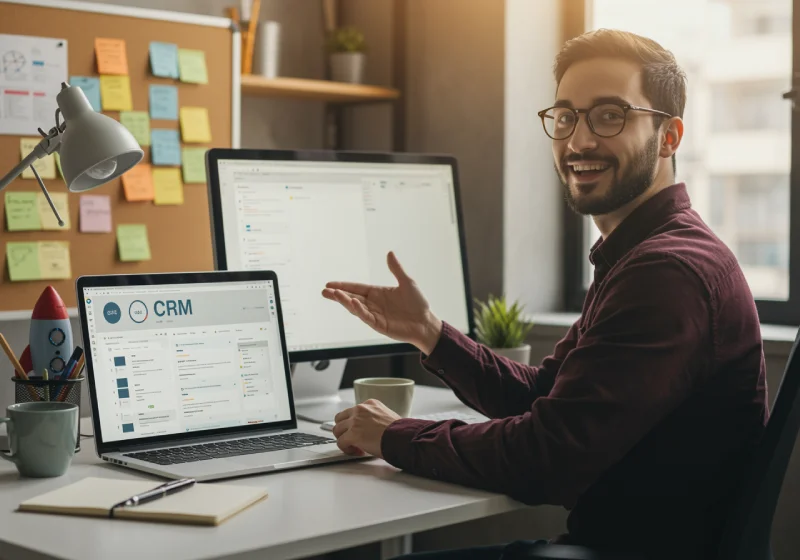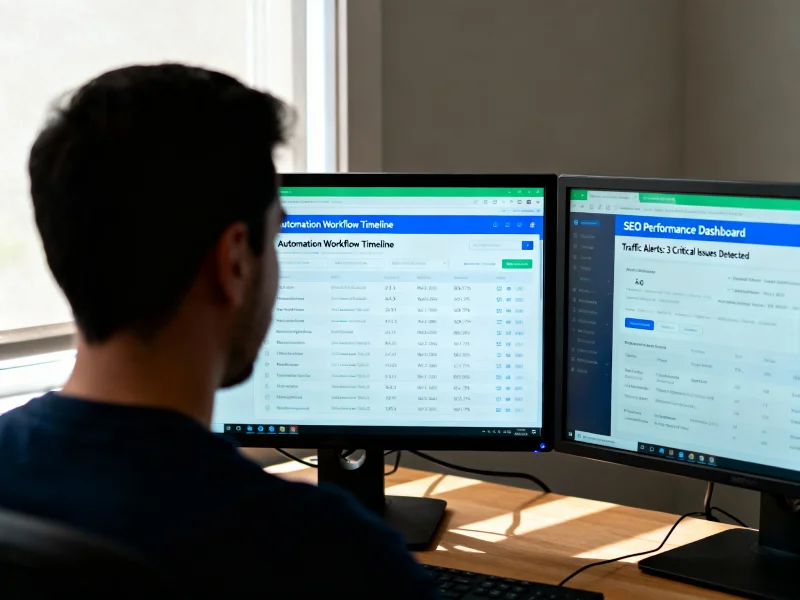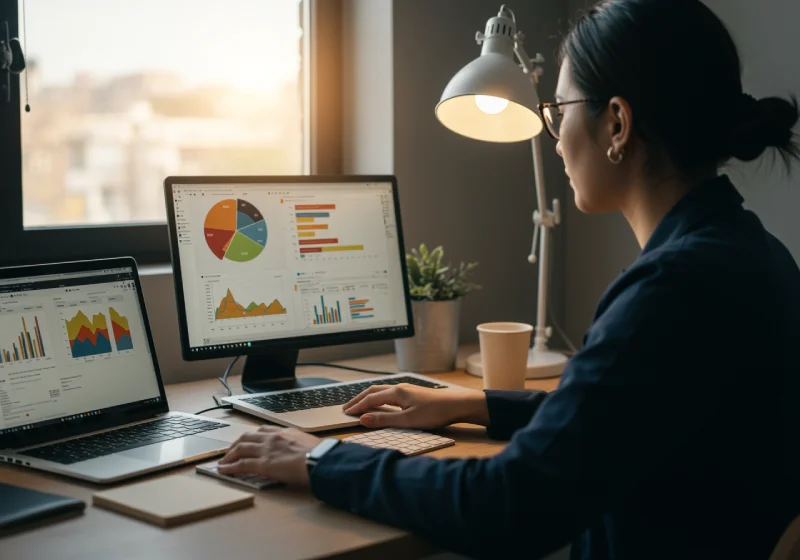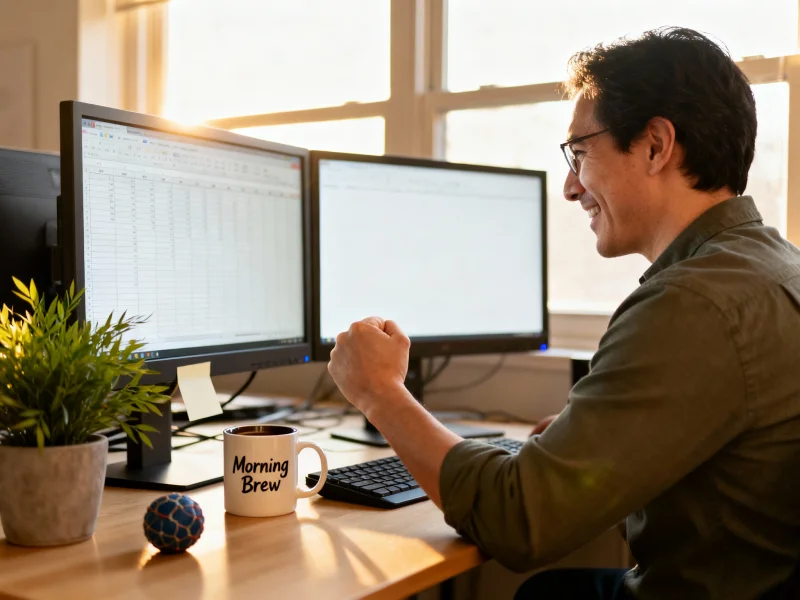The Role Of Social Media In Seo: Maximizing Your Reach
In the world of search engine optimization (SEO), social media can serve as an invaluable tool for improving your website's visibility and reaching a wider audience. By strategically utilizing different social media platforms, businesses can maximize their online presence and effectively promote their brand to potential customers.
The role of social media in SEO has become increasingly important over the years, with many experts arguing that it is now essential for modern businesses to have a strong social media strategy in place. In this article, we will explore the ways in which social media can improve your SEO efforts and help you achieve greater success online. From understanding how search engines analyze social signals to identifying the most effective types of content to share on different platforms, this guide will provide you with everything you need to know about maximizing your reach through social media.
Understanding The Relationship Between Social Media And Seo
Social media and SEO are two powerful digital marketing tools that complement each other in many ways. Social media algorithms and SEO algorithms work together to drive traffic, increase engagement, and improve search engine rankings. Social media platforms such as Facebook, Twitter, Instagram, and LinkedIn provide businesses with an opportunity to reach out to a wider audience through targeted advertising campaigns.
The relationship between social media and SEO is not just about getting more followers or likes; it's also about measuring success and identifying areas for improvement. Social media analytics help track the performance of your content on different platforms by providing data on metrics such as impressions, clicks, shares, comments, and conversions. This information can be used to fine-tune your social media strategy and optimize your content for better results. Similarly, SEO analytics allow you to monitor website traffic, user behavior, keyword ranking, backlinks, and other factors that affect your online visibility.
By understanding how social media algorithms and SEO algorithms work together, businesses can leverage their strengths to maximize their reach and achieve their marketing goals. Whether you're looking to increase brand awareness or generate leads and sales, incorporating social media into your overall SEO strategy is essential for long-term success in today's competitive digital landscape. With the right approach and tools in place, you can create compelling content that resonates with your target audience across multiple channels while driving organic traffic from search engines.
Analyzing Social Signals For Improved Visibility
Understanding the Relationship Between Social Media and SEO has highlighted how social media affects search engine optimization. However, analyzing social signals is essential in improving visibility through SEO. Measuring impact and importance of timing are critical factors to consider when analyzing social signals.
Measuring impact determines how much engagement content generates on various social media platforms. This metric includes likes, shares, comments, clicks, and other relevant actions that users take after seeing your content. The higher the engagement rate, the better chances of content going viral or gaining more organic traffic from search engines.
The importance of timing cannot be overemphasized for successful SEO campaigns using social media. Posting at peak hours guarantees maximum reach since most followers will see and engage with your content during this period. Also, posting regularly keeps your audience engaged and aware of new developments or updates about your brand/product/services.
- Factors affecting post performance:
- Content Relevance
- Use of Visuals
- Call-to-action
- Strategies for maximizing reach:
- Repurposing old posts
- User-generated content promotion
- Collaborating with influencers
In summary, analyzing social signals involves measuring impact and considering the importance of timing for optimal results in SEO campaigns via social media platforms. To improve visibility on search engine result pages (SERPs), businesses must focus on creating engaging content that resonates with their target audience while also utilizing different strategies to increase reach across various channels. By adopting best practices such as those listed above under Nested Bullet Point List, brands can leverage these insights to develop effective marketing strategies that ultimately drive business growth and success without breaking the bank!
Identifying The Most Effective Social Media Platforms For Your Business
To maximize your reach on social media, it's essential to identify the most effective platforms for your business. The demographics of each platform vary widely, so you need to choose a platform that aligns with your target audience. For example, if your target audience is young adults, Instagram and Snapchat may be more suitable than LinkedIn or Facebook.
Once you have identified the appropriate platform(s), measuring effectiveness becomes crucial. Metrics such as engagement rate and click-through rate can help determine how well your content resonates with your audience. It's also important to track conversion rates from social media traffic to see if your efforts are driving actual results.
It's worth noting that choosing the right social media platforms is not just about reaching the largest number of people possible; it's about reaching the right people effectively. By identifying where your target audience spends their time online and tracking the success of your efforts in engaging them there, you will be able to make informed decisions about which platforms are worth investing in going forward.
Crafting Compelling Content For Social Media
Having identified the most effective social media platforms for your business, it is now time to focus on crafting compelling content that will resonate with your audience. Visual storytelling has become an increasingly popular way of engaging with social media users and can help you to better communicate your brand's message. This involves incorporating high-quality visuals such as images and videos into your posts in order to create a more immersive experience.
In addition to visual storytelling, influencer marketing can also be an effective strategy for businesses looking to maximize their reach on social media. Influencers are individuals who have established themselves as experts or thought leaders within a particular niche, and who have large followings on one or more social media platforms. By partnering with these influencers, businesses can tap into their existing audiences and gain exposure to new potential customers.
When creating content for social media, it is important to remember that each platform has its own unique set of rules and best practices. For example, Instagram favors visually-driven content such as photos and short videos, while Twitter is ideal for short-form text updates and breaking news. By tailoring your content specifically to each platform, you will be able to engage more effectively with your target audience and increase your overall visibility online.
By focusing on strategies such as visual storytelling and influencer marketing, businesses can optimize their presence across multiple social media platforms. With careful attention paid to creating quality content that resonates with followers on each individual platform, companies stand poised to succeed in today's highly competitive digital landscape without over-relying on conjunctive adverbs like "however" or "nevertheless".
Leveraging Social Media For Increased Engagement And Web Traffic
Leveraging Social Media for Increased Engagement and Web Traffic requires a strategic approach, utilizing various tactics to maximize your reach. One effective strategy is implementing hashtag strategies that are relevant to your brand and industry. Hashtags can increase the visibility of your content by making it more discoverable on social media platforms. Additionally, partnering with influencers who have a large following in your target audience can help amplify your message and drive traffic to your website.
Another way to leverage social media for increased engagement and web traffic is through user-generated content (UGC). UGC refers to any type of content created by users about a brand or product. This type of content has been found to be highly trusted by consumers and can lead to increased engagement rates and website visits. Encouraging customers to share their experiences with your brand or product on social media can result in valuable UGC that can be shared across multiple channels.
Lastly, investing in social media advertising can increase the effectiveness of your efforts towards increasing engagement and web traffic. Platforms like Facebook, Instagram, Twitter, LinkedIn offer robust targeting options based on demographic data, interests, behaviors, etc., allowing you to reach specific audiences at scale. By choosing the right ad format and creating compelling copy/images/videos that resonate with your target audience – social media ads can provide an excellent return on investment.
Incorporating these tactics into your overall social media strategy will not only improve engagement but also drive more qualified traffic back to your website ultimately leading to conversions.
Frequently Asked Questions
How Can Social Media Be Used To Improve Local Seo?
Social media engagement has become increasingly important in improving local SEO. One way to do this is through geo-targeted posts, which can help businesses reach their target audience more effectively and increase the likelihood of appearing on search engine results pages for relevant searches. By utilizing social media platforms such as Facebook, Twitter, Instagram and LinkedIn, businesses can create content that resonates with their local audience and engage with them directly. This not only boosts brand awareness but also increases the chances of user-generated content sharing by followers who have had positive experiences with the business. Overall, incorporating social media into a localized SEO strategy can lead to increased visibility online and ultimately drive more traffic to a business's website.
What Is The Best Way To Track The Impact Of Social Media On Seo?
One of the most crucial aspects of social media marketing is measuring its success through appropriate metrics. Social media metrics help businesses to analyze and track their performance on various platforms, including Facebook, Twitter, Instagram, LinkedIn, and YouTube. The data obtained from these metrics can provide valuable insights into customer behavior, preferences, interests, demographics, and engagement rates. To accurately measure the impact of social media on SEO, it is essential to establish clear goals and objectives that are specific, measurable, attainable, relevant, and time-bound (SMART). By monitoring the right social media KPIs such as reach, engagement rate, impressions per post or page views per session for a blog post promoted via social channels etc., companies can determine which strategies are working best for them and adjust their approach accordingly.
Can Social Media Activity Affect Website Loading Speed And Impact Seo?
Social media engagement has long been regarded as a crucial factor in achieving higher rankings on search engine results pages (SERPs). However, the impact of social media influence on website performance is still subject to debate. Some experts argue that excessive social media activity can negatively affect loading speed and thus harm SEO efforts. Others suggest that social media signals may indirectly influence search engine algorithms and therefore improve overall rankings. Despite this ongoing discussion, it is important for businesses to monitor their social media activity and its potential effects on website performance to maximize their online presence and achieve optimal SEO results.
How Does Social Media Activity Impact The Authority Of A Website?
Social media activity has a significant impact on the authority of a website. The engagement that social media generates, such as likes, shares, and comments, can influence search engine algorithms to rank websites higher in search results. In addition, social media activity can increase brand awareness and attract more traffic to a website, which further strengthens its online presence. To maximize the benefits of social media for SEO, it is essential to develop an effective social media strategy that aligns with business goals and target audience. By leveraging the power of social media platforms, businesses can establish themselves as thought leaders in their industry while increasing their website's authority and ultimately improving their overall SEO performance.
How Can Social Media Be Used To Increase The Number Of Backlinks To A Website?
Social media outreach is a great way to increase the number of backlinks to a website. By leveraging their social media presence, businesses can establish relationships with other websites and bloggers in their industry, leading to guest blogging collaborations that result in high-quality backlinks. Additionally, sharing content on social media platforms creates opportunities for others to share it as well, further increasing its reach and potential for earning backlinks. However, it's important to remember that quality should always come before quantity when it comes to building backlinks through social media efforts. By focusing on creating valuable content and building authentic relationships, businesses can maximize the impact of their social media outreach efforts on their overall SEO strategy.
Conclusion
Social media has become an integral part of any SEO strategy. It offers a platform for businesses to create and share content, engage with their audience, and drive traffic to their website. By using social media effectively, businesses can improve their local SEO by targeting specific geographical locations. Moreover, tracking the impact of social media on SEO is essential to measure its effectiveness.
While social media activity does not directly affect website loading speed, it indirectly impacts user experience and engagement. Similarly, social media activity plays a crucial role in building the authority of a website through shares, likes, and comments. Lastly, businesses can increase the number of backlinks to their website by creating high-quality content that others want to link to.
In conclusion, social media plays a vital role in maximizing reach and improving SEO rankings. To achieve success in this area requires consistency in posting relevant content as well as engaging with followers regularly. Additionally, businesses should track metrics such as click-through rates and conversion rates to evaluate the impact of social media on their overall marketing efforts. Ultimately, integrating social media into your SEO strategy will lead to increased visibility online and ultimately drive more traffic to your website.









